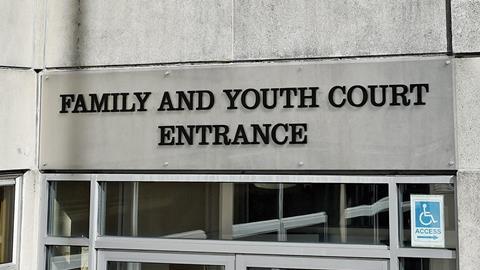Proposals to assure standards of solicitor advocacy have been met with disbelief from practitioners who claim the regulator’s approach ‘throws the baby out with the bathwater’
The Solicitors Regulation Authority says its approach to making sure solicitors practise advocacy to a high standard should be ‘proportionate, targeted and based on clear evidence of risk’. Judging by responses to its proposals to improve how quality is regulated, its approach is wide of the mark.
The SRA says the proposals reflect ‘persistent concerns’ about the standard of solicitor advocacy. But it later concedes there is a ‘lack of robust evidence on the scale and nature of concerns about the standard of advocacy provided by solicitors’.
If there are small pockets of substandard advocacy, says criminal defence solicitor Kerry Hudson, director of London firm Bullivant Law, ‘individuals should be flagged to the relevant firms in the first instance for targeted training on a case-by-case basis, rather than this “throwing out the baby with the bath water” approach’.
The regulator wants to introduce a single, centralised higher rights of audience assessment, to be taken after admission. Youth court solicitors would have to pass the higher-court advocacy qualification where they are acting as advocates in a case that would go to the Crown court if brought against an adult.
The Solicitors’ Association of Higher Courts Advocates says introducing a single assessment is a ‘retrogressive step’ which will increase assessment costs.
The Law Society is also critical: ‘Currently, most solicitors’ firms pay for trainees to undertake the Professional Skills Course. If this part of the course were to be removed, and solicitors required to undertake it at a later date, employers may be less willing to pay for it. This proposal could therefore place a cost barrier on junior solicitors who may not be able to afford to pay for the course themselves.’
The youth advocacy requirements in particular have not been well received. Hudson says: ‘Advocacy is a small fragment of the skills required to deal with a youth court case. By insisting on solicitors needing to have higher rights at the court stage, you are drastically reducing the pool of solicitors available to undertake those cases and unnecessarily excluding a large number of experienced solicitors who have been acting in youth cases for years… Any solicitor who acts in youth matters will tell you that continuity of representation and building up a relationship of trust as a case develops far outweighs the risk of a tiny portion of advocacy complaints.’
The SRA claims its proposals will not affect the supply of solicitor-advocates. However, the Society says the regulator has provided no evidence to support this assertion.
Another issue is diversity. The SRA acknowledges its requirements could hit black, Asian and minority ethnic solicitors, who are currently over-represented among solicitors doing criminal work. The Society of Asian Lawyers says BAME solicitors should be encouraged and supported: ‘Professionals from the same background can relate to clients and communicate the intricacies of a case and its outcome, thereby reducing complaints from this group.’
Practitioners also accuse the regulator of over-reach. The Criminal Law Solicitors’ Association says: ‘While it is correct that poor advocacy is detrimental to the client, it is not for the SRA to take on the role of justice administrator and state “wrongs may go unpunished”. That is both a social and moral observation and has nothing to do with advocacy. The independence of the judiciary and the jury system determine whether a “wrong” has been committed and it is not for a regulatory body to highlight such a term.’





































4 Readers' comments